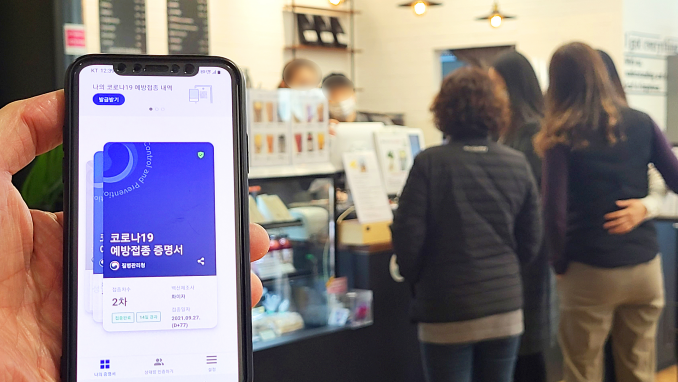
With the start of 2022, the government declared an enforced vaccine pass by applying expiry dates and expanding its restrictions. However, complaints have been raised due to exhaustion from the long haul of the coronavirus disease 2019 (COVID-19) curbs. In particular, controversies, such as vaccine distrust, the possible violation of basic rights, and incoherent measures, have been intensified and are stirring up more concerns surrounding the new policy than the existing virus. Therefore, the Sungkyun Times (SKT) would like to discuss the vaccine pass, how it has been enforced, controversies surrounding the policy, and possible directions to take.
Introducing the Vaccine Pass
What Is the Vaccine Pass?
The vaccine pass refers to a policy that was part of the government’s “Living with COVID-19” plans. Living with COVID-19 means a new era of admitting the difficulty of exterminating the virus: thus, easing restrictions, such as social distancing, and focusing on managing critical patients. The vaccine pass is a health certificate that allows access to multiuse facilities. To gain access, one must have either a COVID-19 Vaccination Certificate or a negative COVID-19 test result. QR code verifications can be accessed through the mobile applications of Naver, Kakao, and the COVID-19 Vaccination Verification System (COOV). Violation of the rules may result in a penalty; facility users could be charged ₩100,000 for each violation, and facility owners can be punished by a fine of up to ₩3 million and could be ordered to shut down the facility. Countries such as Italy, Germany, and Canada have also been imposing policies like Korea’s, aiming to make vaccination mandatory.
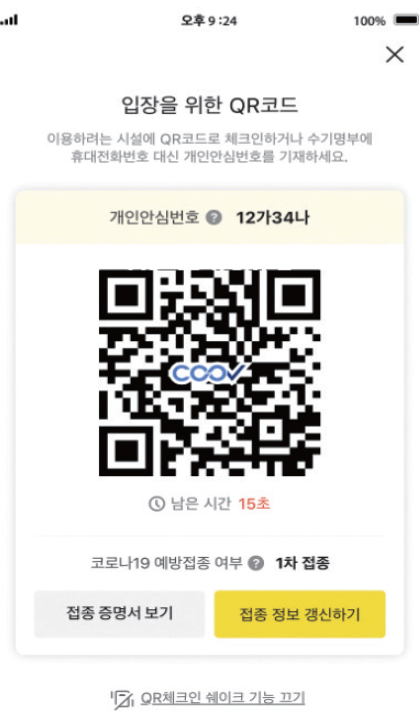
How Has It Been Strengthened?
The vaccine pass was first introduced on November 1st, 2021. Citizens were required to show their vaccine pass to access multi-purpose facilities such as entertainment and sports facilities. However, with a rapid increase in daily cases due to the Omicron variant, the government declared enforcement of the policy, starting from midnight on December 13th, 2021. The expanded restrictions included applying the vaccine pass to 11 other types of facilities, namely restaurants, cinemas, and cram schools. Despite disagreements upon the decision, the government declared a more strengthened policy starting from 2022. Firstly, booster shots are required as expiry dates have been introduced. The pass loses validity if one does not get an additional dose 180 days from the second injection. Secondly, the application of the pass expanded to department stores and big supermarkets that measure 3,000 square meters or more. Moreover, the youth vaccine pass system was introduced on March 1st. Those aged between 12 and 18 will need a vaccine pass to access daily facilities such as cram schools and study rooms. However, with unresolved controversies, numerous petitions and even lawsuits have been being filed against the policy and government. Due to the backlash, the restriction was lifted for six different facility types, including study cafés, reading rooms, and department stores, on January 18th. Instead, starting from February 7th, eating inside department stores has been banned, and students in cram schools are required to sit one seat apart from each other. Overall, conflicts regarding the policy are intensifying.
Dilemma between Protection and Freedom
Reasons for the Vaccine Pass
1. Avoiding a Public Health Crisis
The main argument of those for the vaccine pass is that the policy helps manage public health capacity and protects the unvaccinated. The COVID-19 vaccine has been proven several times to reduce the transmission of the virus. The Korea Disease Control and Prevention Agency (KCDC) reported that the infection risk of the unvaccinated is 2.3 times higher than the vaccinated. Moreover, the decreasing number of daily cases and critically ill patients after the implementation of the vaccine pass is used as support as well. As of January 7th, the number of cases went down to 3,000, falling below 5,000 in six weeks, and the number of critically ill patients also decreased to below a thousand. Authorities evaluated the shrinking number of cases since December 2021 as a result of the enforced vaccine pass. On December 30th, 2021, the Centers for Disease Control and Prevention (CDC) of the United States also stated that those who were not vaccinated with the third dose have a ten times higher rate of infection than those that were; risks of becoming critically ill are also much higher. Similarly, on January 3rd, the Central Disaster Management Headquarters announced that although only 7% of the adult population is unvaccinated, they take up 53% of the numbers for the critically ill and deaths. Therefore, the government was able to justify the policy through its effect on stabilizing the public health system and protecting the unvaccinated by decreasing risks of infection.
2. An Inevitable Choice for Recovery
Another prevailing argument is that the only protection strategy other than the vaccine pass is social distancing. Living with COVID-19 signifies that stabilization of the public health system must be achieved; this means the number of patients must be contained, which requires the minimization of human contact through social distancing. However, there are considerations that the vaccine pass is a more reasonable strategy than social distancing in the current situation, with the economic damages social distancing has caused. On January 10th, the Central Disaster and Safety Countermeasures Headquarters (CDSCHQ) stated that the vaccine pass should replace social distancing. According to their explanation, although social distancing has strong protective effects, it greatly affects the economy by restricting daily economic activities and damaging small business owners. Restrictions on basic rights, such as the infringement of freedom and assembly, as well as violation of property and labor rights due to social distancing measures, are also argued by pro-vaccine passers. Moreover, the government claimed that imposing COVID-19 vaccination passes as an alternative to social distancing is the current global trend to minimize damages from the prolonged pandemic. Thus, the vaccine pass seems to be an inevitable choice to recover from socioeconomic damages and prevent the fall of the public health system at the same time.
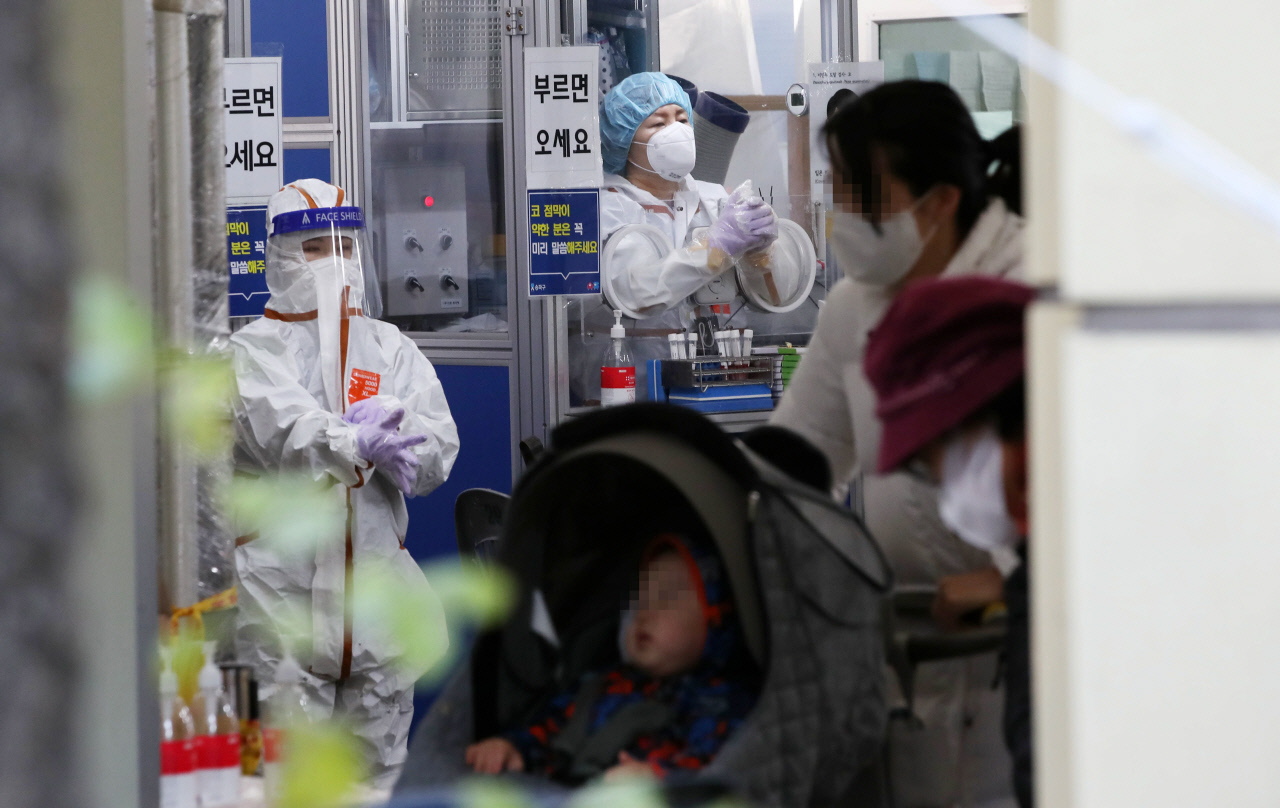
Reasons against the Vaccine Pass
1. Violation of Basic Rights
Meanwhile, the opposing side argues that the vaccine pass is unconstitutional. According to them, the implementation of the pass leads vaccination to be forced and not to be encouraged, therefore violating an individual’s right to self-determination. On January 4th, the Seoul Administrative Court stated, “Inducing voluntary vaccination to manage the critically ill is the first action the government should take,” and emphasized the importance of the right to self-determination. The vaccine pass violates basic rights since citizens are pressured to be vaccinated if they want to use multi-purpose facilities. Therefore, although the authorities can recommend vaccination for the sake of individual protection against the virus, the right to self-determination for the unvaccinated should also be respected. Furthermore, criticisms that the policy violates basic rights more than the benefits it brings remain unresolved. For instance, even though adolescents have a significantly lower chance of severity, the newly imposed youth vaccine pass violates several basic rights; experts have
pointed out that the purpose and necessity of the policy are unclear. Above all, reported cases of side effects concerning the COVID-19 vaccine have been causing distrust and anxiety, thus intensifying resistance regarding one’s right to determination.
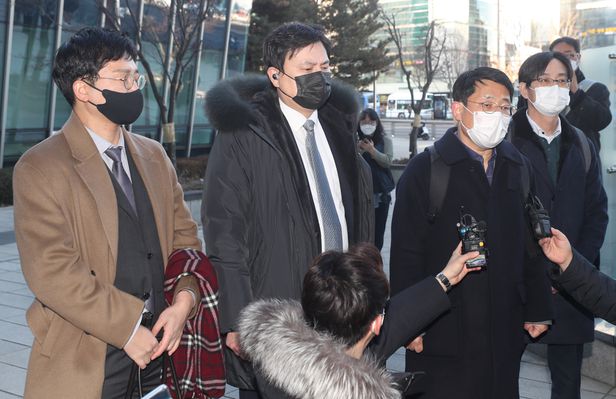
2. Incoherent Policies
Many have also brought up incoherence issues regarding the policy, mainly the unfair and ambiguous standards on the application of the vaccine pass. For example, access to facilities seems to be simply determined based on their size rather than the risk of infection. Although the government exempted big supermarkets and department stores from the policy on January 17th, incoherence issues still remain. According to health authorities, churches were reported with 233 cases of cluster infections last year, while there were only 19 reported for big supermarkets and 12 for department stores. Therefore, when the vaccine pass was applied to these shopping facilities, there was criticism against the fact that public transportation, religious facilities, and amusement parks were not included in the regime. Secondly, the exemption ranges from vaccination being too narrow even for inevitable reasons was criticized. Before the change in the range of exemption on January 24th, there were only a few cases for exemption: those with a history of severe allergic reactions to COVID-19 vaccines, those who have already completed a quarantine after being diagnosed with COVID-19, those with immunodeficiency, and those on anticancer drugs. On the other hand, regarding allergic reactions, only four cases were recognized: anaphylaxis, pericarditis, thrombocytopenia, and capillary leakage. This means that even if one has an underlying disease or experienced severe fever and pain after the first shot, there would still be no exemption. Therefore, many are still unsatisfied over the irrationality of the policy.
Finding the Middle Ground
Persuasion is Key
Going back to social distancing would not help towards postpandemic recovery; rather, the vaccine pass would be a reasonable alternative to the social distancing measures. However, the government is being held accountable for worsening controversies by demanding vaccination with a lack of persuasion to the citizens about the vaccine’s safety and effectiveness. First and foremost, the government must take more responsibility and explain the relationship between the vaccine and its side effects. There have been numerous criticisms that the government’s response regarding adverse reactions after vaccine injections has been passive; anxiety and fear against vaccination ought to be the most urgent problem to be solved. Secondly, the government must persuade the public of the effectiveness of the vaccine based on objective and reasonable evidence. As such evidence is mostly delivered through briefings and debates, they tend to lack friendly explanations from the public’s point of view. Therefore, the government should work on effectively meeting the public interest: possibly by promoting how vaccines minimize infection and the severity rate. Furthermore, the government should remember to approach the public that they are assuring their rights to self-determination; enforcing the vaccine pass without a proper backup would cause greater resistance.
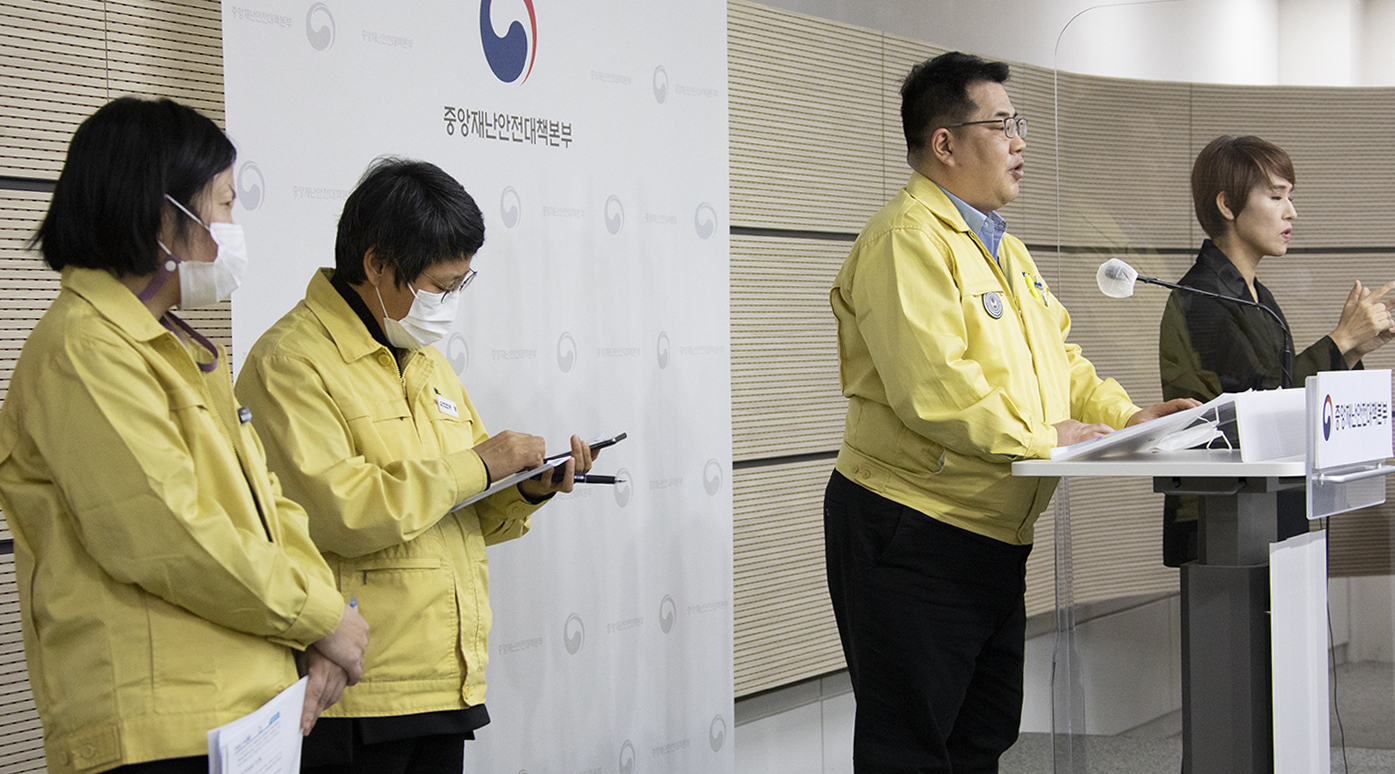
Working Towards Convincible Policies
Subsequently, a more convincible standard for the vaccine pass must be presented. The vaccine pass should be applied to facilities based on scientific evidence; standards, such as “risk of infection,” which consider factors including mask enforcement and ventilation, must be proposed. If objectivity and rationality cannot support the restrictions, adjustments should be made. The appliance range of the vaccine pass on essential facilities would be the first step. Moreover, the exemption to vaccination due to inevitable reasons must be reinforced. Ranges should be expanded if links between vaccination and adverse reactions are medically approved. Starting from January 24th, the government allowed exemption to the policy for those who received hospital treatments within six weeks after their first dose, as well as those who were not compensated for their adverse reactions after injection. Although this is good news for those who experienced side effects from the vaccine and are concerned about receiving the next dose, efforts to consider those in difficulty with injections must still be made. Without these changes in direction, there would be obstacles for the public to cooperate with the government’s decisions.
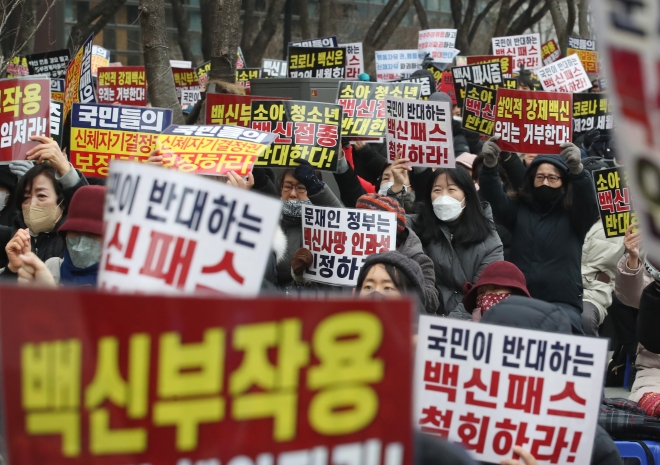
It has now been two years since the COVID-19 pandemic changed our lives; now, however, it is fading away. The world has recognized that coexisting with the virus is inevitable and is striving to maintain its healthcare system and community. South Korea has also implemented a vaccine pass for a step-by-step recovery, but controversies regarding the policy have not been resolved yet. Protection against the pandemic, preservation of basic rights, the authorities’ wise decisions, and the public’s cooperation would be key to killing these two birds with one stone.
